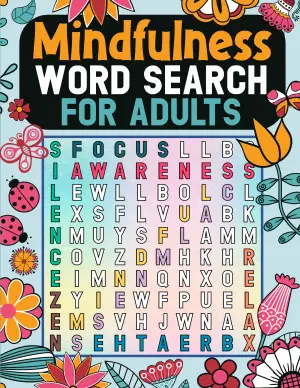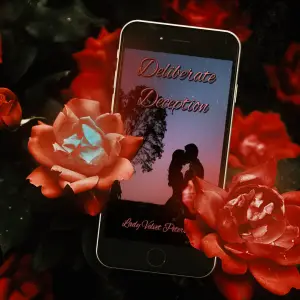I recently immersed myself in the gripping novel Edge of the Known World by J.D. Hargrove, and it certainly did not disappoint. As a lover of literary thrillers, especially those that intertwine complex emotional narratives with timely social issues, this book drew me in with its promise of hidden identities, genetic surveillance, and the challenging choices one faces between love and family. The comparisons to authors like Margaret Atwood and Emily St. John Mandel further piqued my interest, making this a must-read for me.
The story follows Alexandra Tashen, a brilliant young woman who, after a joyful upbringing on a Texas ranch, discovers a hidden genetic marker that poses a serious threat to her safety. Her adoptive father’s experimental gene therapy offers some protection, but the tension is palpable—each security checkpoint brings the terrifying prospect of exposure. Hargrove paints a vivid picture of a near-future world governed by genetic surveillance, and this concept alone kept me turning the pages.
One of the key positives that struck me was Hargrove’s adeptness at character development. Alexandra is well-drawn and relatable, grappling not just with her identity but with increasingly complicated relationships, especially within a love triangle with two brothers—one being a disgraced intelligence officer and the other a sophisticated diplomat. Their emotional entanglements brought depth to the narrative and made Alex’s choices more poignant. I felt invested in this trio’s journey, which was effectively mixed with thrilling twists and turns.
However, I noticed that some readers expressed concerns about the pacing at certain points in the book, and I must say, I did feel that a few sections lagged slightly. Despite the well-crafted characters and intriguing plot, there were moments where I wished the story could’ve kept its relentless momentum, especially when the narrative focused more on emotional introspection than the thrilling chase. This didn’t ruin my overall experience, but it did invite some slight impatience at times.
Another aspect often lauded was Hargrove’s ability to blend humor into high-stakes situations, which I found refreshing. Alex’s often comic adventures as she navigates her perilous circumstances provided a delightful counterbalance to the heavier themes of identity and moral obligation. I enjoyed how these lighter moments showcased her resilience and cleverness, giving the reader room to breathe amidst the tension of her search for her missing father.
Yet, despite these minor drawbacks, the depth of the story’s exploration of familial loyalty and moral dilemmas hit home for me. The final act forced Alex to face not only her secrets but the truths of those around her, making for a captivating climax that felt true to her character’s journey. As she wrestled with the choices between love and loyalty, I found myself reflecting on the intricacies of my relationships, a testament to Hargrove’s skillful storytelling.
In conclusion, Edge of the Known World is a compelling blend of heart and suspense, set against a backdrop of a world that feels eerily familiar. It ultimately left me both satisfied and contemplative. The mix of a high-stakes thriller with deeply human choices makes it a worthy addition to the genre. I wholeheartedly recommend it for anyone who enjoys stories that challenge the boundaries of identity and provoke thought on what we would sacrifice for those we love. If you’re looking for a book that beautifully balances tension with emotional depth, this is definitely one to pick up when it’s released on September 3, 2024.
Discover the captivating journey in “Edge of the Known World: A Novel” and explore new horizons. >>








